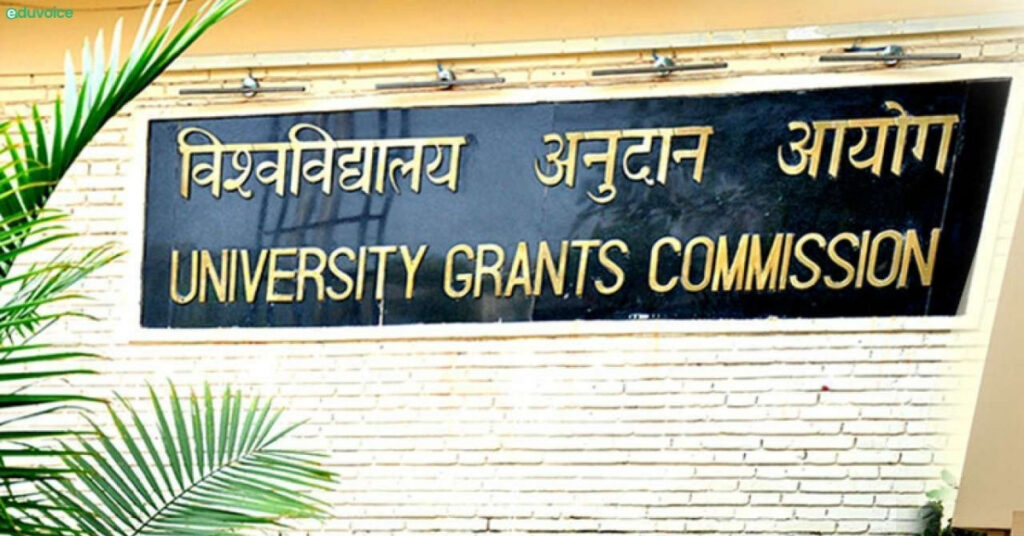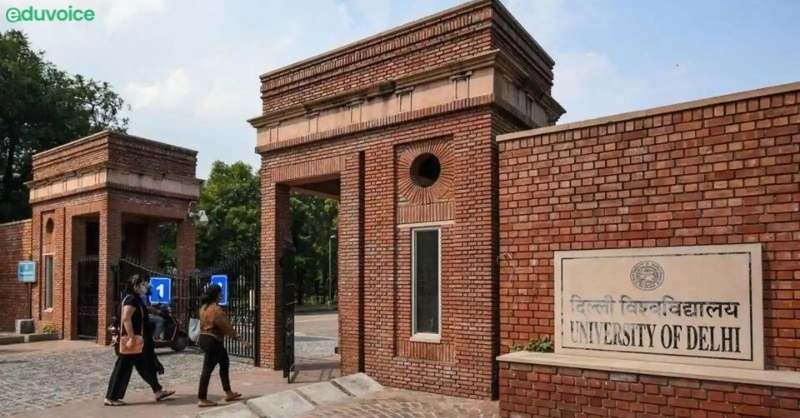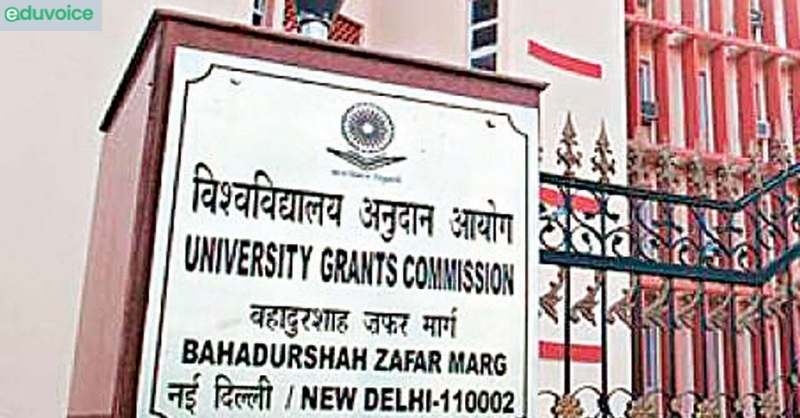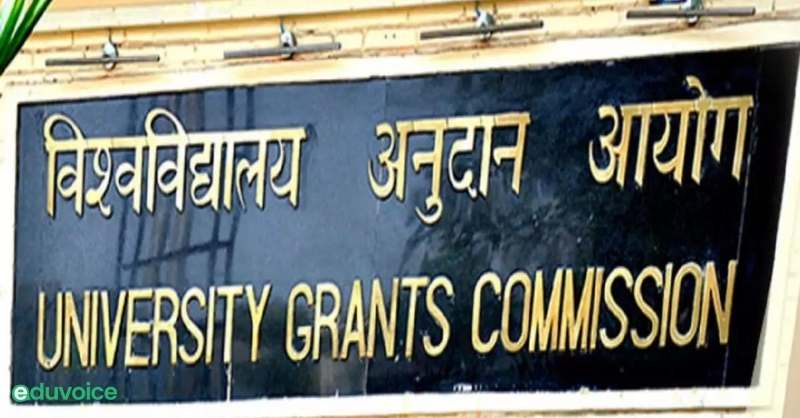University Grants Commission, UGC has recently announced its new regulations and eligibility criteria for students who are seeking PhD Admissions. As per the new guidelines issued by UGC India, students can now pursue a PhD after the completion of their four-year undergraduate degree programme. Based on these new regulations, UGC has stated that students who […]
Tag Archives: Undergraduate
The physical model of examination for second and third-year undergraduate students at Delhi University began on Wednesday after a two-year gap due to the Covid pandemic. Over 29,500 students appeared for the exams for 40 papers held in the morning, D S Rawat, the university’s dean of examination, told PTI. The Delhi University’s School of Open […]
After much speculation, University Grants Commission (UGC), the regulatory authority for central universities in the country, released its draft curriculum framework for four-year undergraduate programmes and the stakeholders can submit their comments till April 4, 2022. The final framework will be put in place to be taught at educational institutions in accordance with the New […]
UGC Undergraduate Framework 2022: University Grants Commission (UGC) on January 31 released the draft for the National Higher Education Qualification Framework (NHEQF). The draft is available in the public domain and focuses on reforming the Higher education system in India based on the new National Education Policy. The commission is seeking suggestions from the public. […]
The highlight of DU’s Undergraduate Curriculum Framework is student centricity. Till now, in the higher education framework, while structuring the curriculum framework, not much attention was given to the special situation or needs of the students This statement stands true for the National Education Policy (NEP) 2020, prepared under the guidance of Prime Minister Narendra […]




